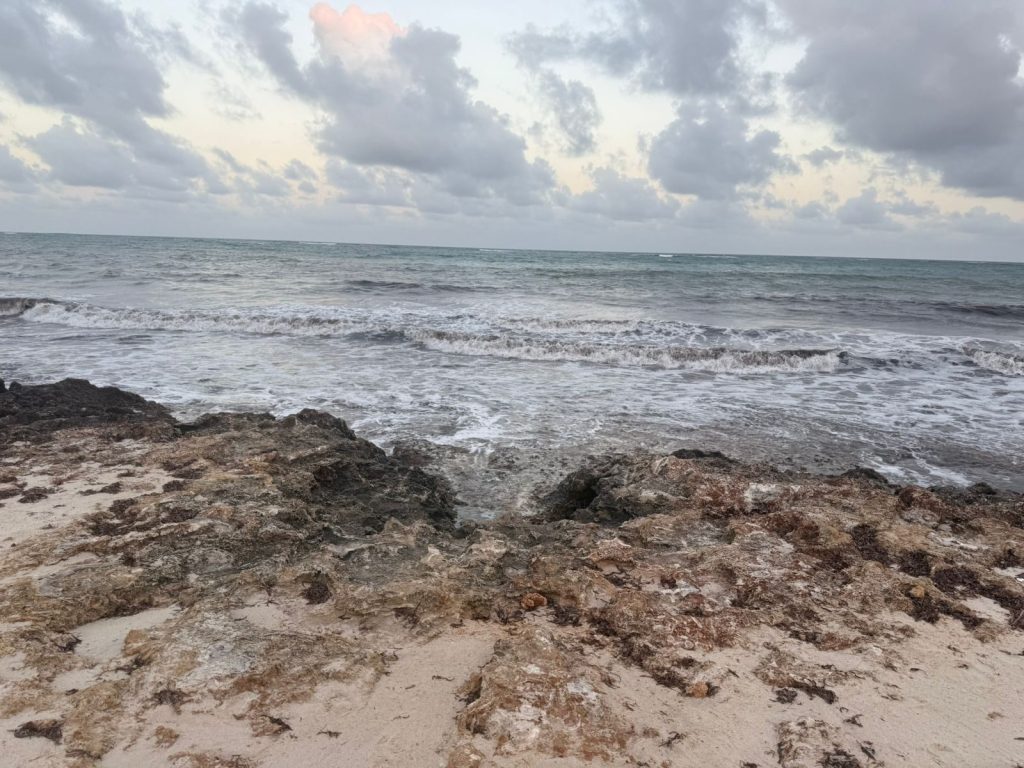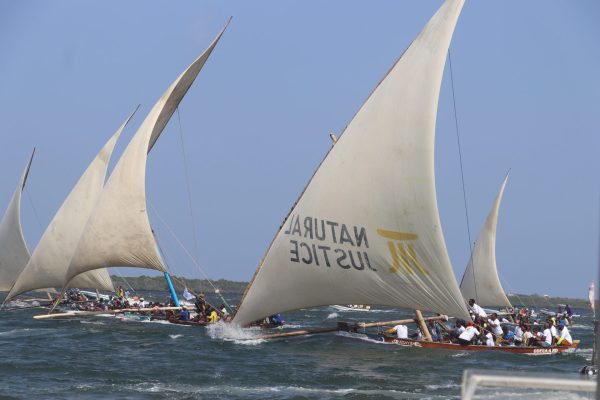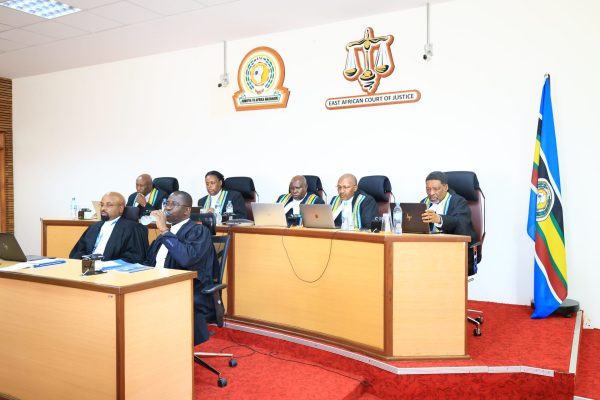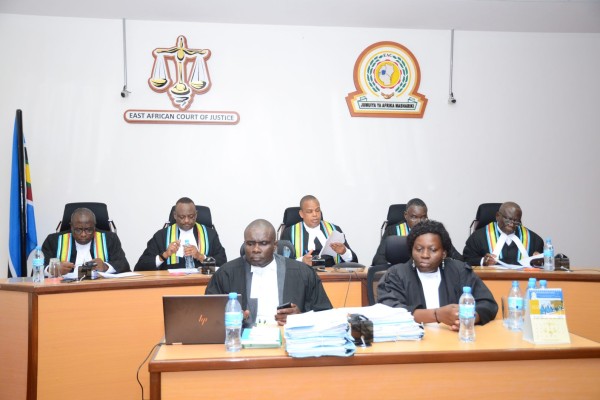For immediate release: 14 September 2025
Malindi, Kenya – Fisherfolk from Lamu, Kwale, Kilifi, and Mombasa have raised alarm over the Fisheries Management and Development Bill, calling on the Kenyan Parliament to urgently review provisions that threaten their livelihoods and criminalises traditional fishing practices.
At the heart of their concerns is the criminalisation of landing fish outside designated landing sites or ports. In the coastal region, many landing sites have either been grabbed by powerful business people and politicians, or remain unregistered, leaving fisherfolk vulnerable to harassment and arrest.
“In 2019, the government promised that all grabbed landing sites would be repossessed while all unregistered landing sites would be issued with title deeds. This has not happened. Communities are now paying the price as they are forced to fish under fear of arrest, while their landing sites have been grabbed. The National Land Commission must release its report addressing the presidential directive. The Director General Fisheries must release data of all landing sites and publish their GPS coordinates to protect these spaces for communities.”
Elizabeth Kariuki, Hub Director, Natural Justice.
The fisherfolk are demanding accountability and transparency. They insist that publishing accurate data on landing sites is the only way to protect communities from land grabbers and ensure compliance with fisheries laws.
Disproportionate punishment for small-scale fishers
The proposed law imposes heavy fines and imprisonment on small-scale fishers for violations such as failure to provide records. A fisherman found guilty may face fines of up to KES 300,000 or imprisonment for five years.
“How can an artisanal fisherman, who struggles to raise school fees, be expected to pay such fines? Based on the current data we have as Beach Management Units, we have seen a tremendous drop in artisanal fishermen’s catch. These punishments are unfair and clearly tilt the law in favour of industrial fishers.”
Brian Mwakudza, Chairperson, Beach Management Unit Network, Mombasa
“We appreciate that the Bill protects endangered species of fish from extinction by prohibiting fishermen from catching them. However, in cases of human-wildlife conflict where an artisanal fisherman is attacked by marine life, the law is silent. This is a reality, as some of our fishermen have been attacked by stingrays and sharks in the Indian Ocean.”
James Nyiro, Chairperson, Beach Management Unit, Bofa, Kilifi County
The fisherfolk further argue that prohibitions on monofilament nets ignore traditional knowledge. While such nets may cause ecological harm in lakes and rivers, their impact on marine ecosystems is not the same. By disregarding local knowledge, the law risks criminalising sustainable traditional fishing practices.
Accountability in fisheries governance
The Bill also establishes a Fisheries Research and Development Fund, and the Fish Levy Trust Fund, to support research and development. However, fisherfolk have called for the fund to support the development of fisheries resource, as research activities is already a mandate of the Kenya Marine and Fisheries Research Institute (KMFRI).
“We need this fund to be utilized specifically for development of fisheries. The government already supports existing fisheries institutions such as KMFRI. We must ensure resources reach communities on the ground.
Mtengo Omar, Chairperson, Beach Mangement Unit, Kwale County
“This Bill has some good aspects and some not-so-good ones. The community seeks more clarity on what fisheries resource constitute and how different user groups co-manage this resource. The Bill focuses heavily on research while neglecting the social aspect and traditional knowledge.”
Somo M Somo – Chairperson, Indian Ocean Water Body
Background
The Fisheries Management and Development Act was first introduced in 2016 with the stated aim of sustainable use of Kenya’s aquatic resources. However, it has been criticised for failing to align with the 2010 Constitution, which mandates shared governance between national and county governments, and for ignoring the realities of fisherfolk communities.
The amendments seek to create a comprehensive governance framework for oceans and fisheries. However, fisherfolk stress that unless the law addresses community rights, land justice, and equitable access to resources, it will perpetuate marginalization and threaten their survival.
Read : Fisheries Management and Development Bill
ENDS







